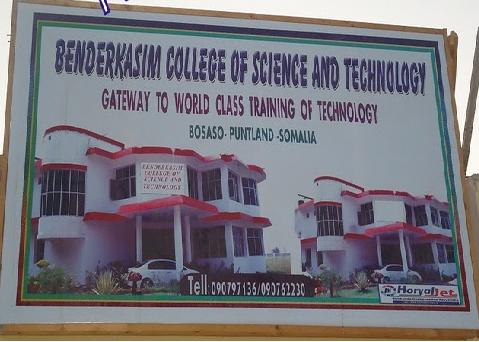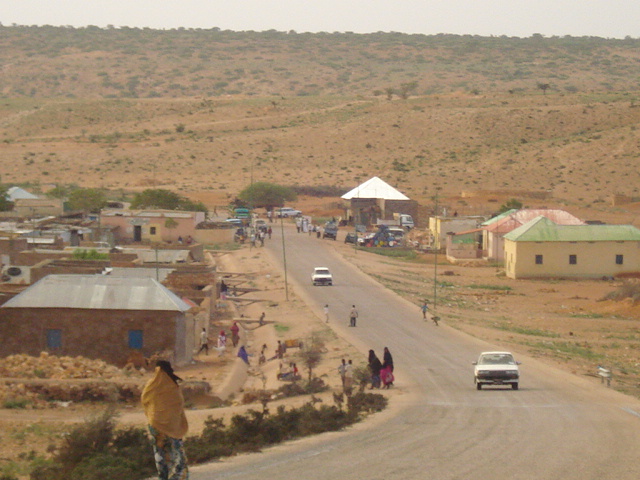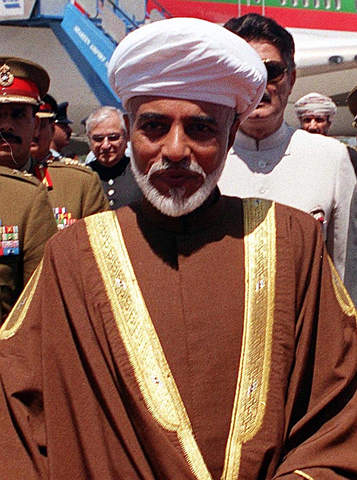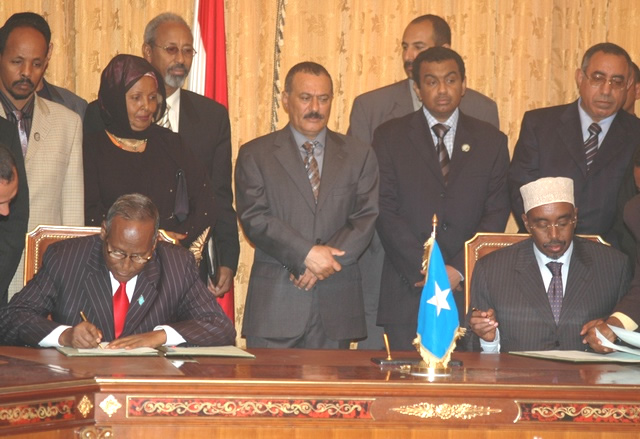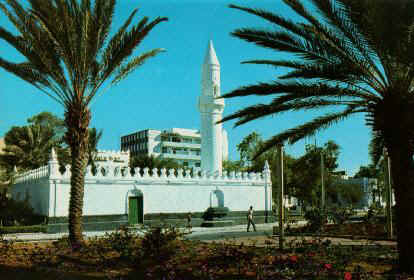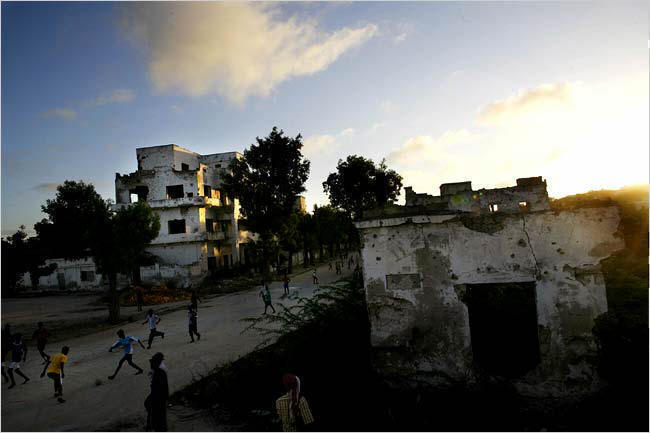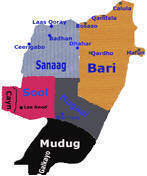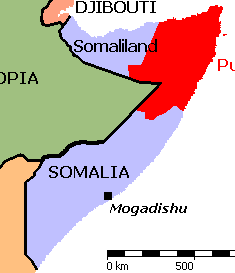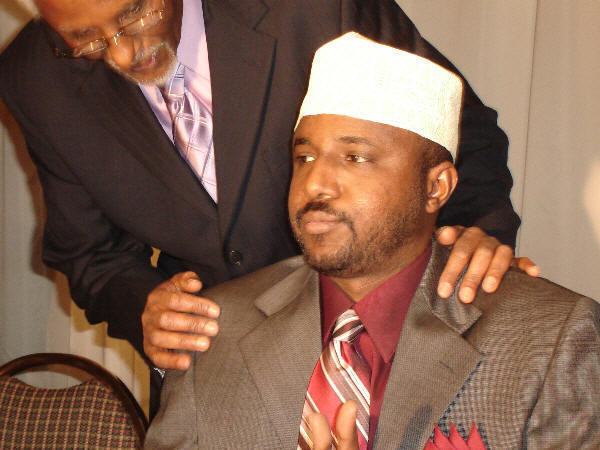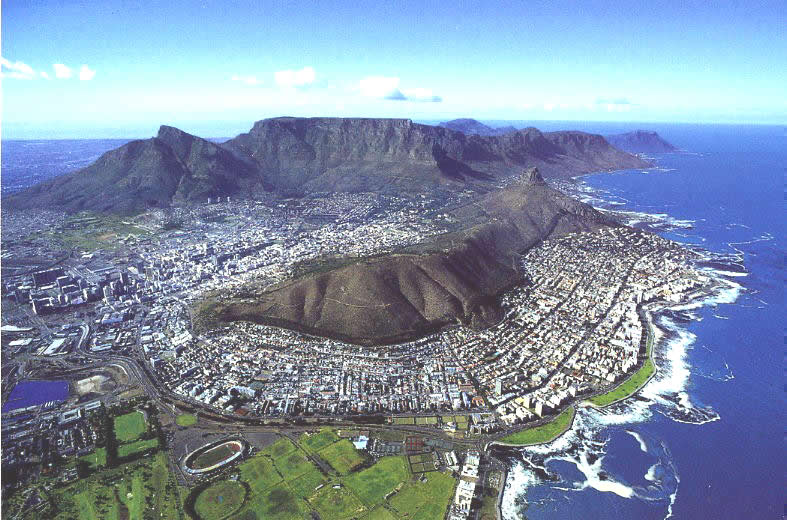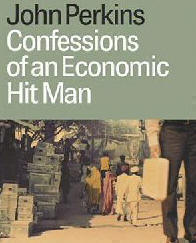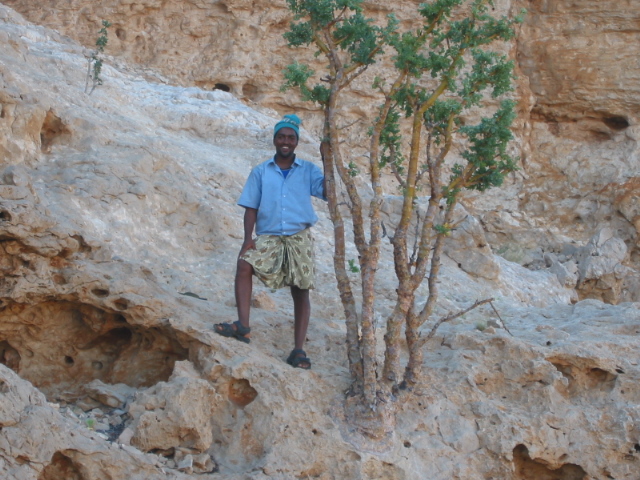
The Birth of Two Decades of Mayhem
Part IV
January 30, 2011
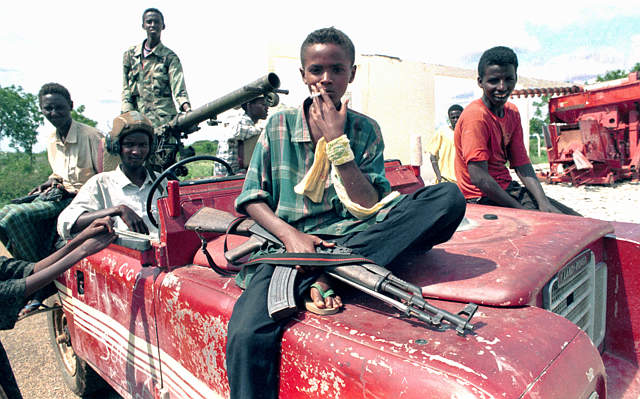
A USC mooryaan smokes and holds a weapon as he and his friends sit on a car.
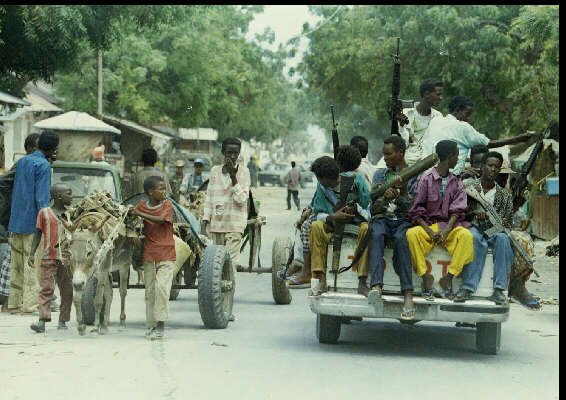
For the �Looma Ooyaan� residents of
Introduction: Since the collapse of the Siyaad Barre regime in 1991
The history of the emergence of these clan-based political and armed factions illustrates that factions mobilized their clansmen by utilizing clanism and what Roobdoon Forum refers as Islamic Liberation Theology.
Without a doubt, warlords had legitimacy issue in mind, when addressing to the public. In their speeches, the practice of referring to themselves as good-doers and their opponents as evil-doers was the norm. They trumpeted of themselves as saviours of Somali unity, nationalists, as well as religious men who realized the necessity to end Siyaad Barre`s dictatorial regime and thus willing to establish a new all-inclusive broad-based government.
Warlords preached moral codes that concerns all walks of life � from prohibition of Haram food and drinks to the preservation of unity and stability. At the same time, militias loyal to these warlords caused mayhem � haphazardly raping, pillaging, and murdering innocent civilians. When asked about their actions, these warlords put the blame on external factors, throwing the causes of their actions to the defunct Siyaad Barre regime.
As opposed to the 1990s wars, the current wars in
For the �Looma Ooyaan� residents of
Zooming into the 1990s interviews and statements, given by the spokespersons and leaders of Somali factions, enables us to prove that clan-animosity account of the Somali civil war has not been given the scholarly attention that its magnitude warrants, even after sixteen years of clan-warfare. This clan-animosity feeling can in fact be derived from faction joint communiqu� and statements; and therefore, posting selections of these public relation statements should be a matter of concern to all Somalis � particularly, to those who are in the field of Somali Studies.
After all, clan factionalism disguised in English acronyms (formed from three or four initial letters which include the sacrosanct letter �S�) are now facts of life for Somalis. The words and deeds of the turbulent faction followers have ordained to presuppose that faction spokespersons assumed a monumental role in fuelling clan-hatred. As a result of that, the Forum rushes in to investigate and share with you excerpts of faction communiqu�s, hoping to find solutions to the current tragic political situation in
PM Arteh Ghalib: I Am the SNM, I Created It in 1964
March 21, 1991, 1709 GMT
[From the �Focus on
Somalia`s interim Prime Minister, Omar Arteh Ghalib, has been appealing for massive international aid to reconstruct
[Ghalib] Well, it was a great pleasure for me to see King Fahd, His Majesty King Fahd, and after such a long absence, and I must say that it was not only asking for help, but also for consultations, and I am very happy to say that he was responsive both to the discussions we had on consultations regarding our crisis and the aid for which we have asked.
[White] What aid did you ask from him?
[Ghalib] Well, what we mostly need for our people is fuel and food and telecommunications. We are completely isolated. We have no telephone links, no telex links. All the telecommunications have been disrupted. So these are the three pressing needs: fuel, food, telecommunications, and then ordinary development projects that have been suspended.
[White] Has he offered you fuel for free?
[Ghalib] Well, I do not want to comment on that, but I must say that our discussions were very fruitful. He was very responsive to our needs, and I am absolutely satisfied.
[White] And what about help with telecommunications? What have the Saudis done there?
[Ghalib] Well, we are still holding the discussions now. The minister of telecommunications is with me on the delegation, and he is going to have discussions with his counterpart, and we are � I am optimistic that what we need and what we have asked for will be forthcoming.
[White] Presumably, you are asking for money. I mean, you are not going to put a lot of telephones in a suitcase and take them back with you to
[Ghalib] Well, not in that sense. These telecommunications are to resume connections with the outside world, but not... [changes thought] What we need is too big to be taken in our pockets.
[White] Does the Saudi Government recognize you as the legitimate government of
[Ghalib, interrupting] Mr. White, we are not wasting time to know whether a certain government recognizes us or not. That is absolutely a waste of time. What we are concentrating on is to help our people, our helpless people who have been evicted from their homes, whose homes have been destroyed, whose properties have been looted. This is what we are concerned with. We are not talking about recognition.
[White] I asked about this question of recognition because I understand that other Somali movements, like the Somali National Movement [SNM], which controls most of northern
[Ghalib] It does not worry us because there is no one, none of them can claim that he is more SNM than I am. I am the SNM, I created it in 1964, it was my party, and it was revived in 1981, and I was sentenced to death, as you know, for supporting that movement. So why should I wage a campaign against myself? We welcome... [changes thought] Both the president and myself have declared that any help that comes to
Hassan A. Mireh: We Do Not Recognize the Existence of a Government in
in Arabic, April 02, 1991, p 5
Interview with Dr. Hassan Ali Mireh, leader of the Democratic Front for the Liberation of Somalia, by Khalid Bafagih in Jeddah; date not given]
[Bafagih] What is the aim of your moves in the present situation? Why did you not make these moves earlier?
[Mireh] The danger that has befallen
He added: We do not recognize the existence of a government in
The DFLS is the oldest organization, having been established in April 1978.
[Bafagih] What is the direct effect of these disputes on
[Mireh] At least 1,000 people have been killed as a result of tribal disputes. And some 600,000 to 700,000 refugees have left the capital for
[Bafagih) What about the Saudi position?
[Mireh] The Saudi Government has said that it is following what is happening in
`Provisional` President Ali Mahdi Interviewed
April 03, 1991, p.3
[Interview with �provisional� Somali President Ali Mahdi Muhammad by Sayyid Ahmad Khalifah in
Having greeted and thanked President Ali Mahdi for the speed at which he agreed to give the interview, despite his busy schedule, I asked him: How did you come to engage in such a dispute with your neighbor, Siyaad Barre, to the extent of destroying
He returned my greeting and spoke to AL-SHARQ AL-AWSAT, the first newspaper to arrive in
[Khalifah] Mr. President, I wanted to begin by asking about what you want from the world now, but it is clear that your country needs everything from needles to aircraft. How and why did this come about?
[Ali Mahdi] In brief, I can say that Siyaad Barre`s insistence on ruling the Somalis through military and tribal domination left no option to the people, including us, except the option of military confrontations, to which most of the Somali people resorted. So if Siyaad Barre and his supporters now say that what happened against them was a tribal matter, then he and they must remember that for over 10 years all Somalis have joined political groups that have-as a result of Siyaad Barre`s oppression and thirst for blood-turned into political groups with military wings!
For years we thought that Siyaad Barre would understand the situation and save himself, his regime, and his country from what was about to happen, by holding a dialogue with the Somali political forces before they formed military wings. We discussed the system at a distance, but he persisted in pursuing us, until we pursued him in the capital
[Khalifah] Mr. President Ali Mahdi, what are you, politically? Are you a socialist, a democrat, or what?
[Ali Mahdi] I am a democrat. I believe in party pluralism and the freedom of the press. I am a Somali, Muslim, Arab, and African. If I am destined to rule my people, it will be through elections and competition. Otherwise, I will offer my own efforts as a citizen. Frankly, I wish to return to my ordinary life after the national conference and the establishment of a transitional, coalition authority!
[Khalifah] What is the scale of Somalia`s foreign debts inherited from the former regime?
[Ali Mahdi] We do not know. Banks have been burned down and their documents have been stolen. That includes the Central Bank. We are waiting for the creditors and their documents!
[Khalifah] Did these banks have anything in them to be stolen or burned?
[Ali Mahdi] Yes. According to our information, Siyaad Barre and his supporters stole some 280 billion Somali shillings, gold deposits, and cash in Somali shillings!! [passage omitted]
[Khalifah] Do you have any foreign funds with which to steer the helm of government in your country?
[Ali Mahdi] You can quote me on this:
In fact we as a government don`t have a single shilling in the state coffers, which no longer exist, since they have been burned!!
[Khalifah] I see the shillings in the people`s hands in the streets.
[Ali Mahdi] That is worthless paper. People use it purely for local matters. Who would believe that for example, a kilogram of sugar costs people over 20,000 shillings!! [passage omitted]
[Khalifah] Why was the national conference not convened in time?
[Ali Mahdi] An agreement was not reached. We believe that conditions are better now. I expect the collective national conference to be held at the end of April.
[Khalifah] What stage has been reached in the consultations between you and the northern groups, or the Isaaq ?
[Ali Mahdi] Relations are very cordial. Fruitful contacts are continuing. Their participation in the national conference is now certain. The same applies to our dialogue with the South, and the deputy prime minister will travel to hold a national dialogue with tribal chiefs in the South.
[Khalifah] There is talk about differences within the United [Somali] Congress [USC]. What is the truth? And what is the nature of your dispute with Mr. `Aydid [as transliterated]?
[Ali Mahdi] In a democratic party it is natural to have differing views and concepts of some matters. As for `Aydid, who is now in
[Khalifah] Do you feel that you are leader of all the Somalis, or are you just a tribal leader?
[Ali Mahdi] I am now leader of all the Somalis. This is how I feel and believe. Leading this crucial stage with me, are Somalis from all Somalia`s geographical and tribal tendencies.
Tribalism is an old disease that was revived by the Siyaad Barre regime. He exploited it to ensure his remaining in power. [passage omitted]
|
|
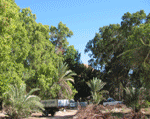 Sawirro Somaliya 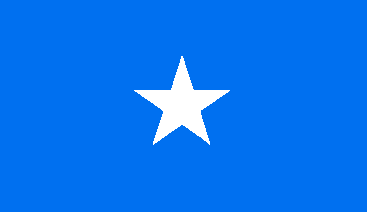 |
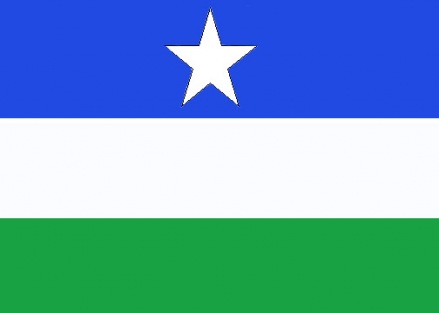
|
GOVERNANCE
The Scourge and Hope of Somalia A New Book By Ismail Ali Ismail 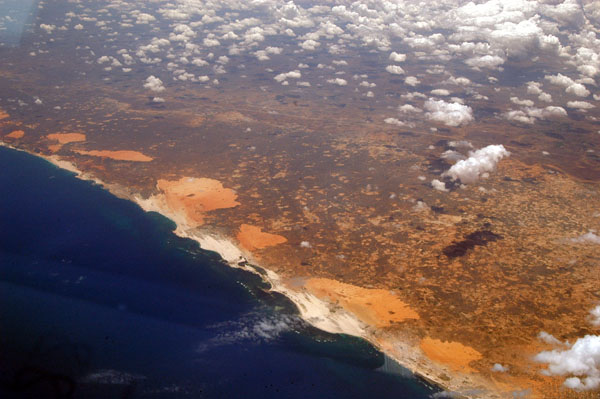 Which Way to the Sea, Please? By Nuraddin Farah Dhulkii Burcad-Badeedda .jpg) Budhcad Badeed Weli Qiil ma Leeyahay? 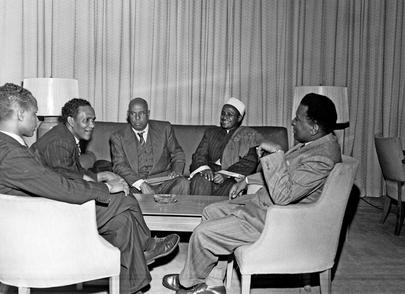 SYL LETTERS By A S Faamo |
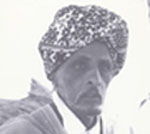 |
 |
© Copyright BiyoKulule Online All rights reserved�
Contact us [email protected] or [email protected] |

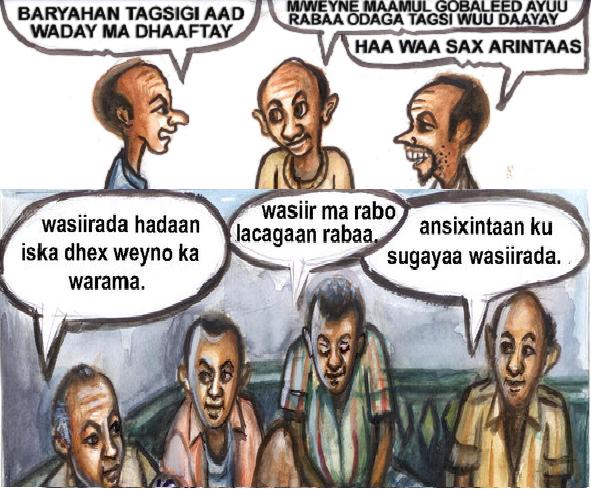
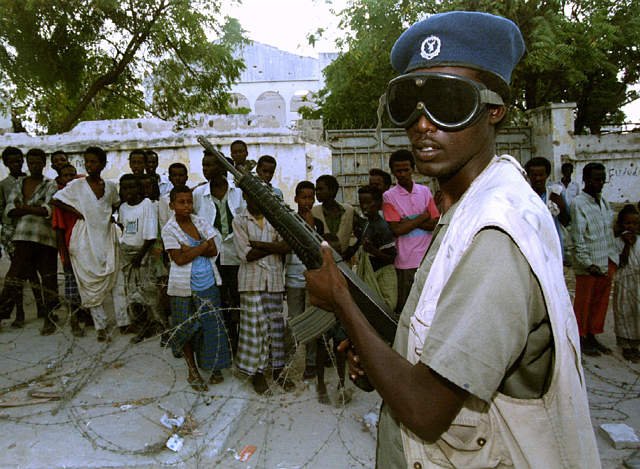


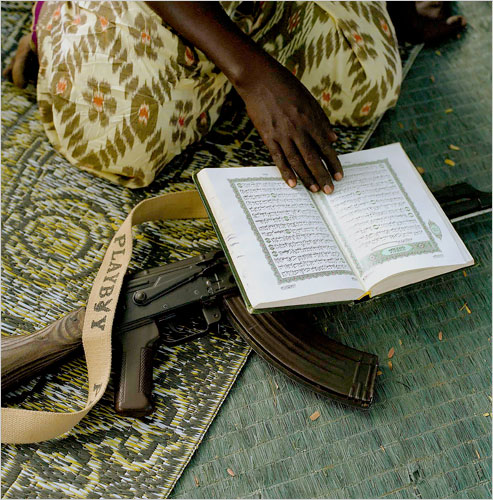

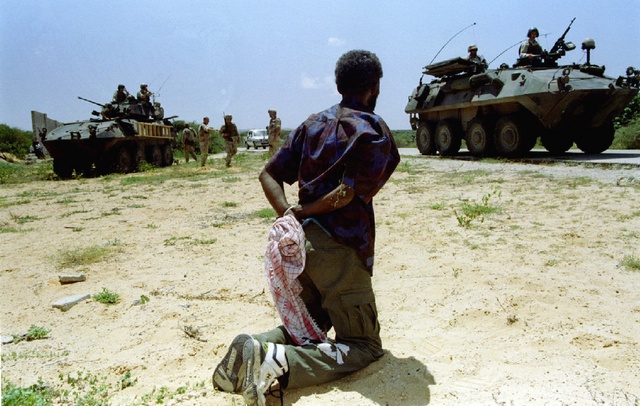
.jpg)


